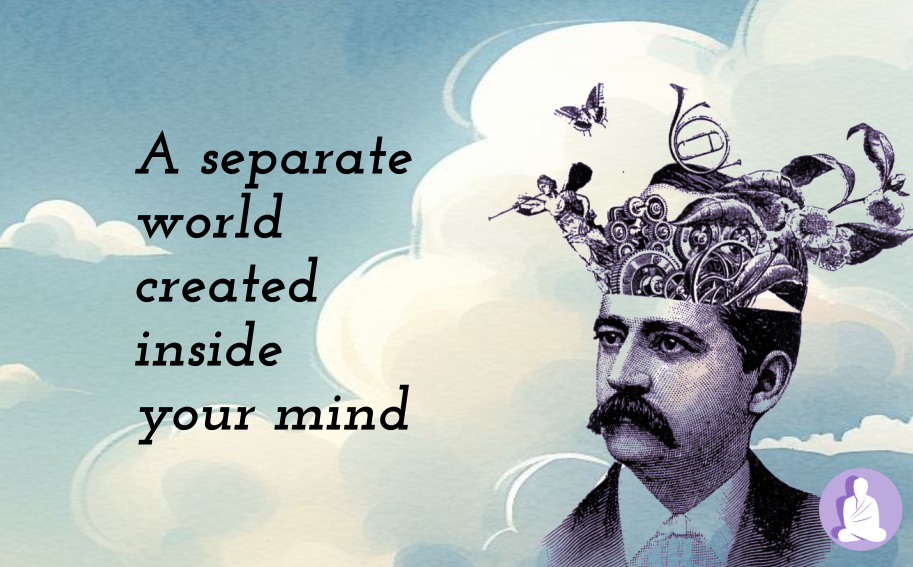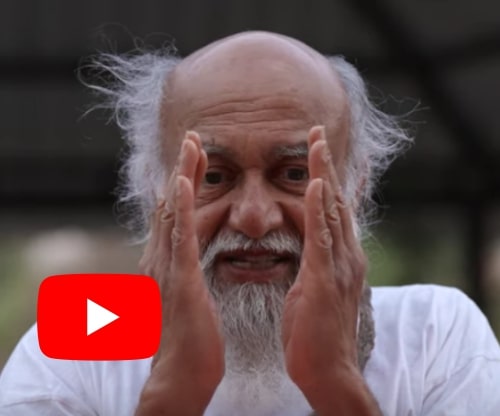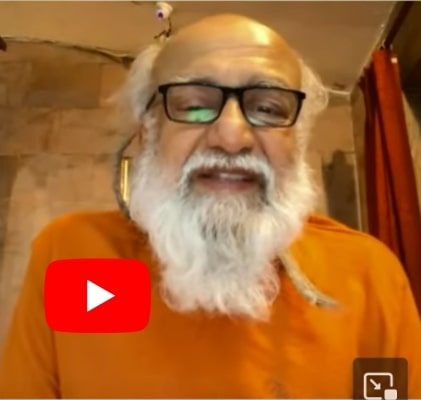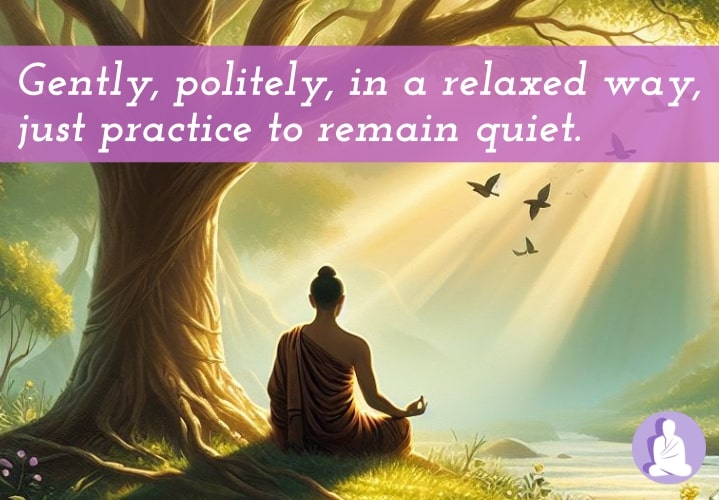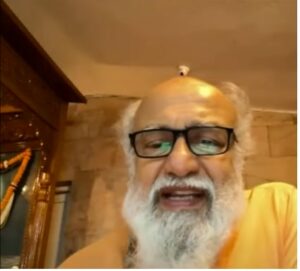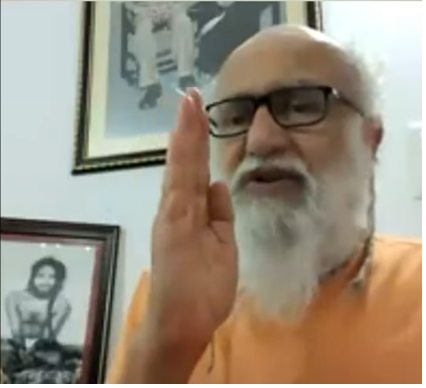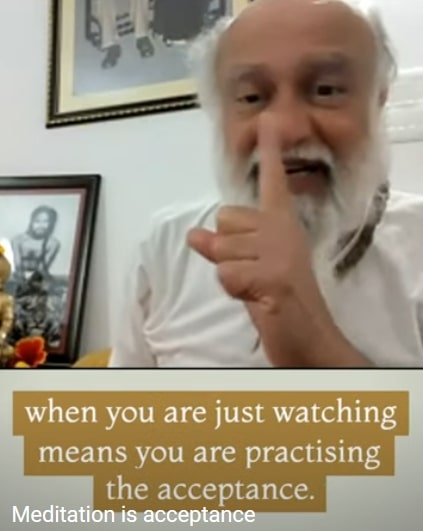In our daily lives, we go on making judgements about things. We conclude ‘this is it’, ‘this is bad’, or ‘this is good’, without trying to understand that it is simply an imagination in the mind. When we make a judgement, it gets absorbed in the mind as an imprint. For us, that is now the fundamental truth. The more we go on making judgements, the more imprints we acquire in the mind which shapes our behavioural structure; how we think and act in the world. So we have created a separate world inside our mind with these judgements that we go on making. We become stubborn in our thinking, and this can make the mind go out of our control.
Babaji recommends that with a regular meditation we can purify the mind of these imprints so that it comes under our control again. Peace and contentment can be regained naturally.
“Gradually you are able to control your mind. You don’t let it go out of control. You don’t allow it to go on imagining and making judgments as it wants. You will wait and see always. You are not in a rush to make a judgment.
Those people who try to boast that they can judge immediately, often they become prejudicial. You can see in life, in society. They misjudge and try to create such circumstances of conflicts unnecessarily; a big conflict happens. One starts fighting with the other, one misunderstands the other and a big, huge conflict arises.
These types of things happen. Sometimes countries also fight and go into conflict if there are misunderstandings. So, both are unable to live peacefully. So, that is what we need to avoid, need to be careful about. This becomes possible for us if we practice spiritual sadhana.”
Learn how to quieten and keep the mind under control on our meditation course

